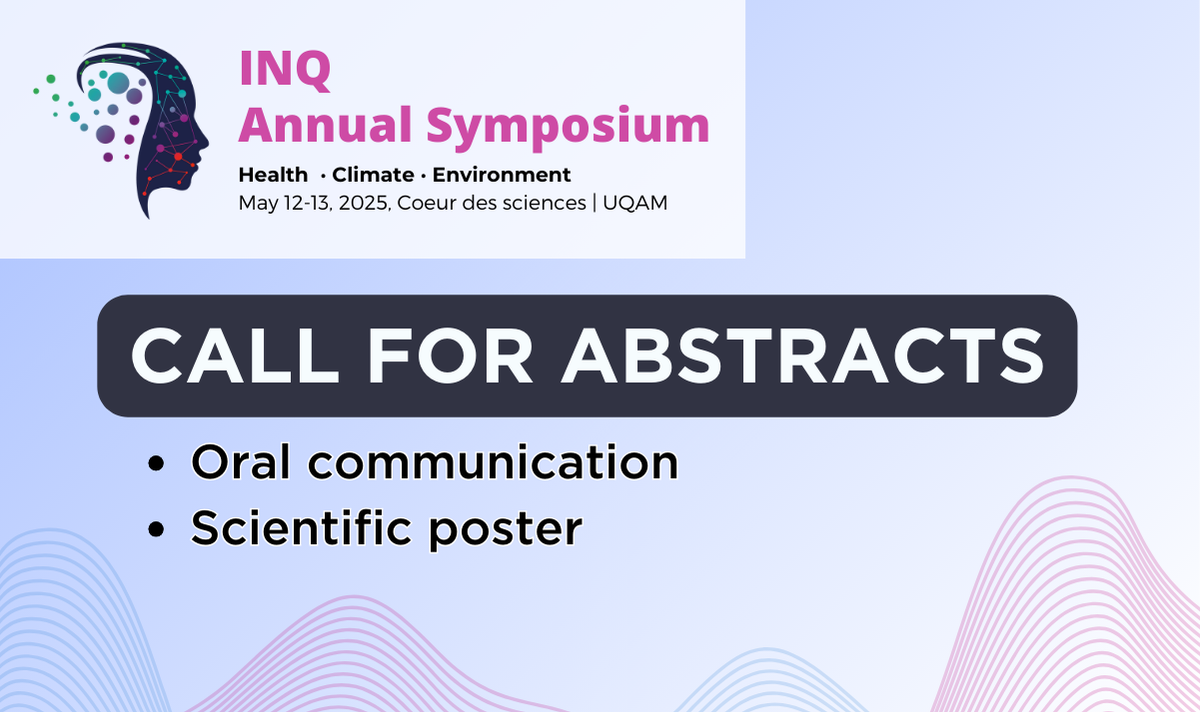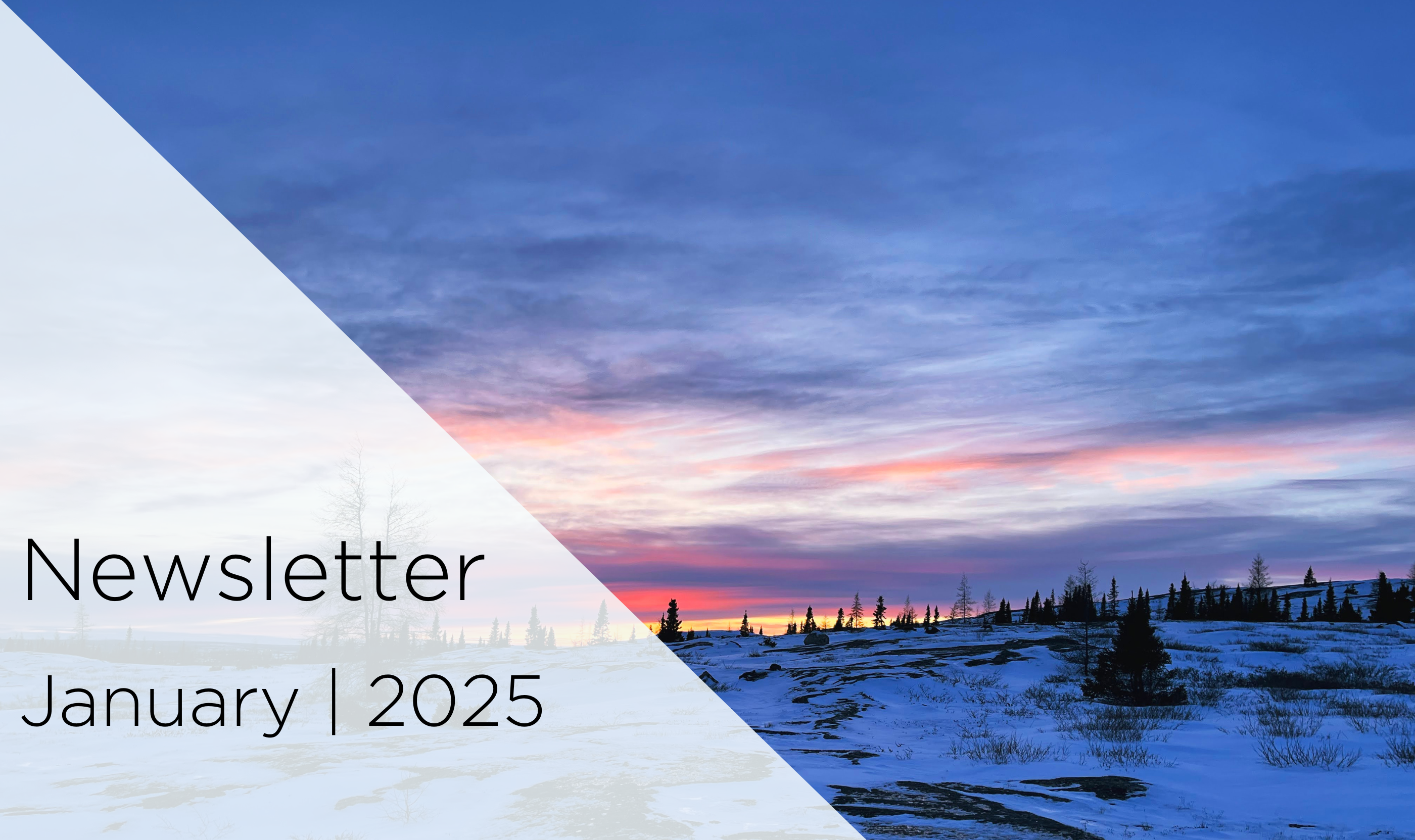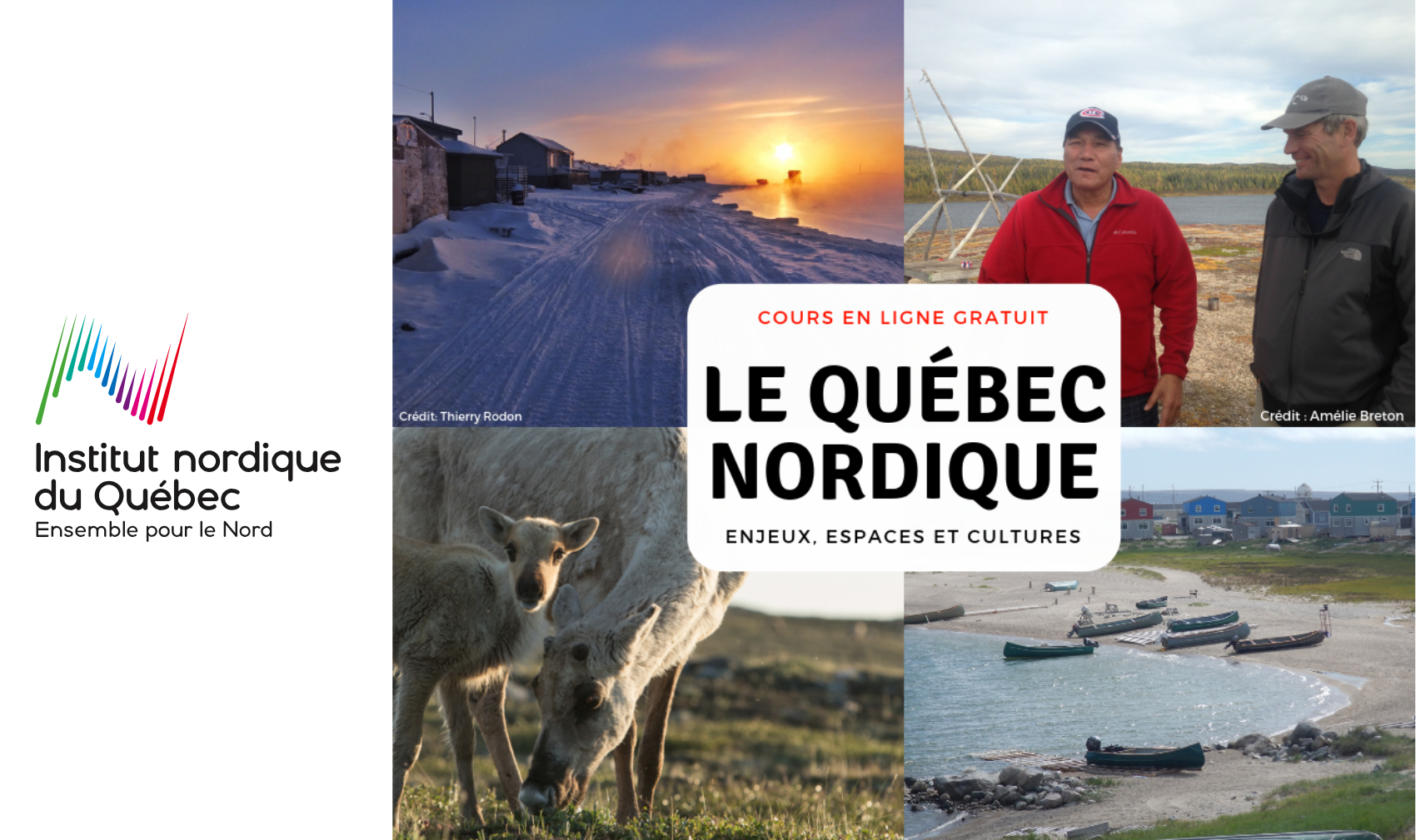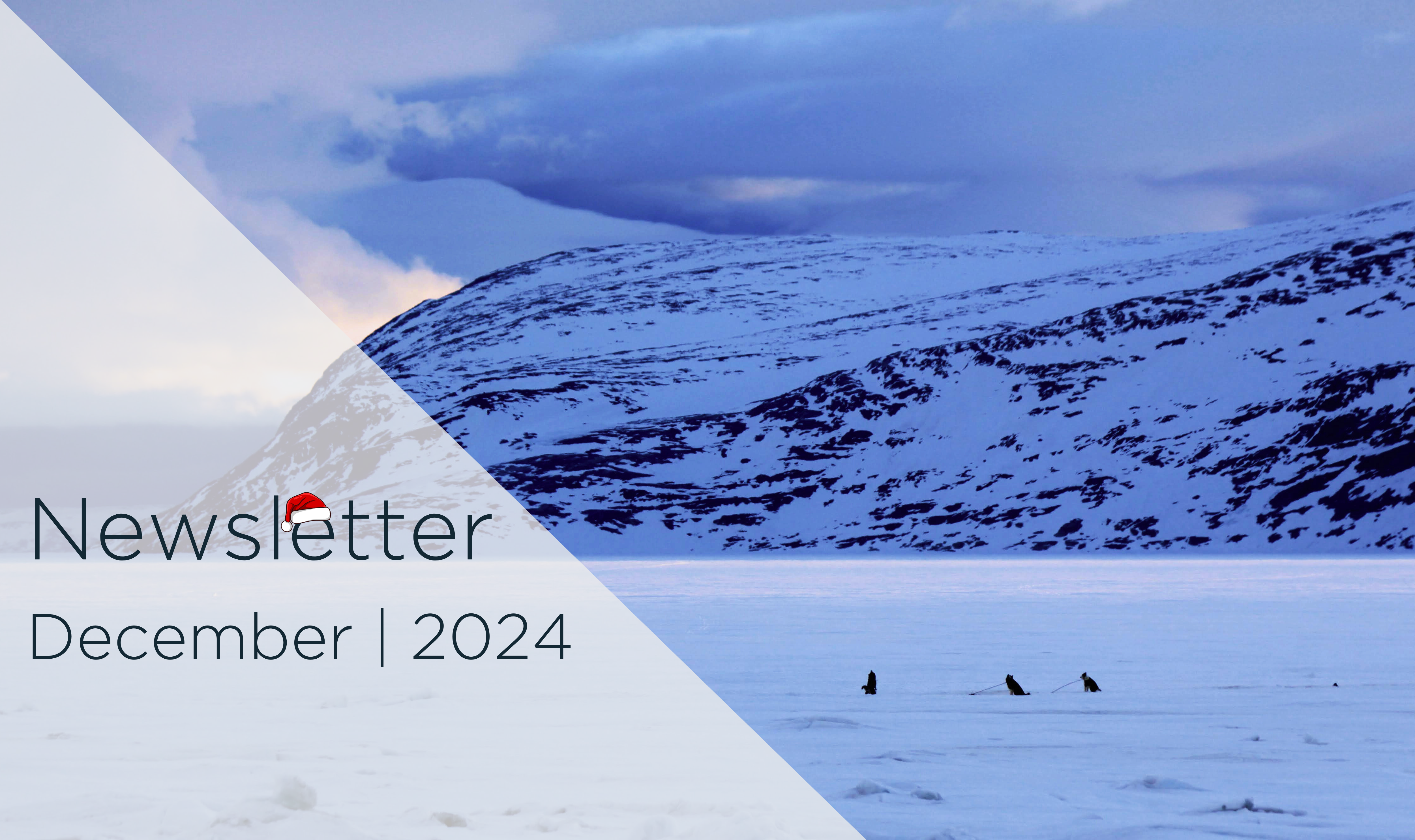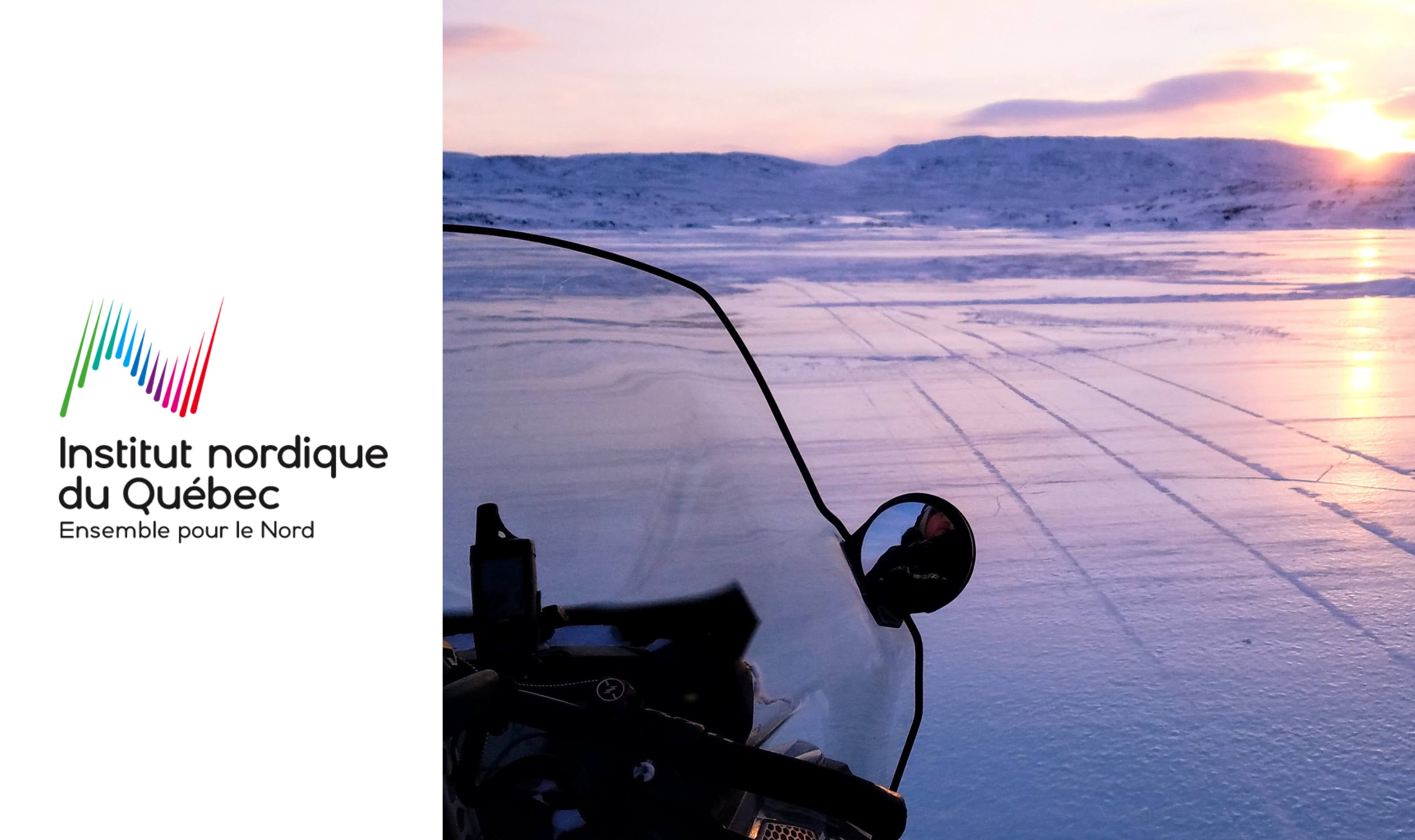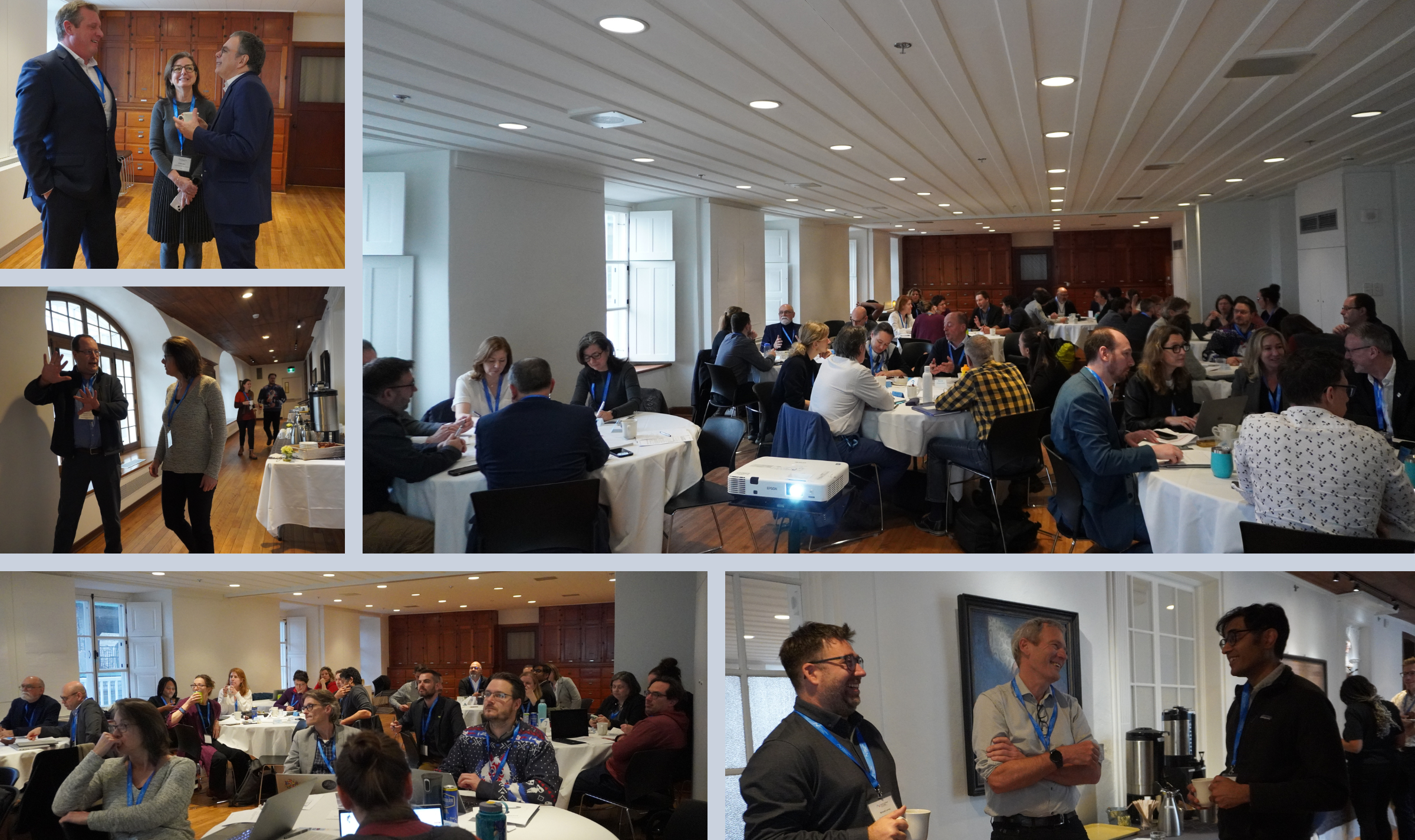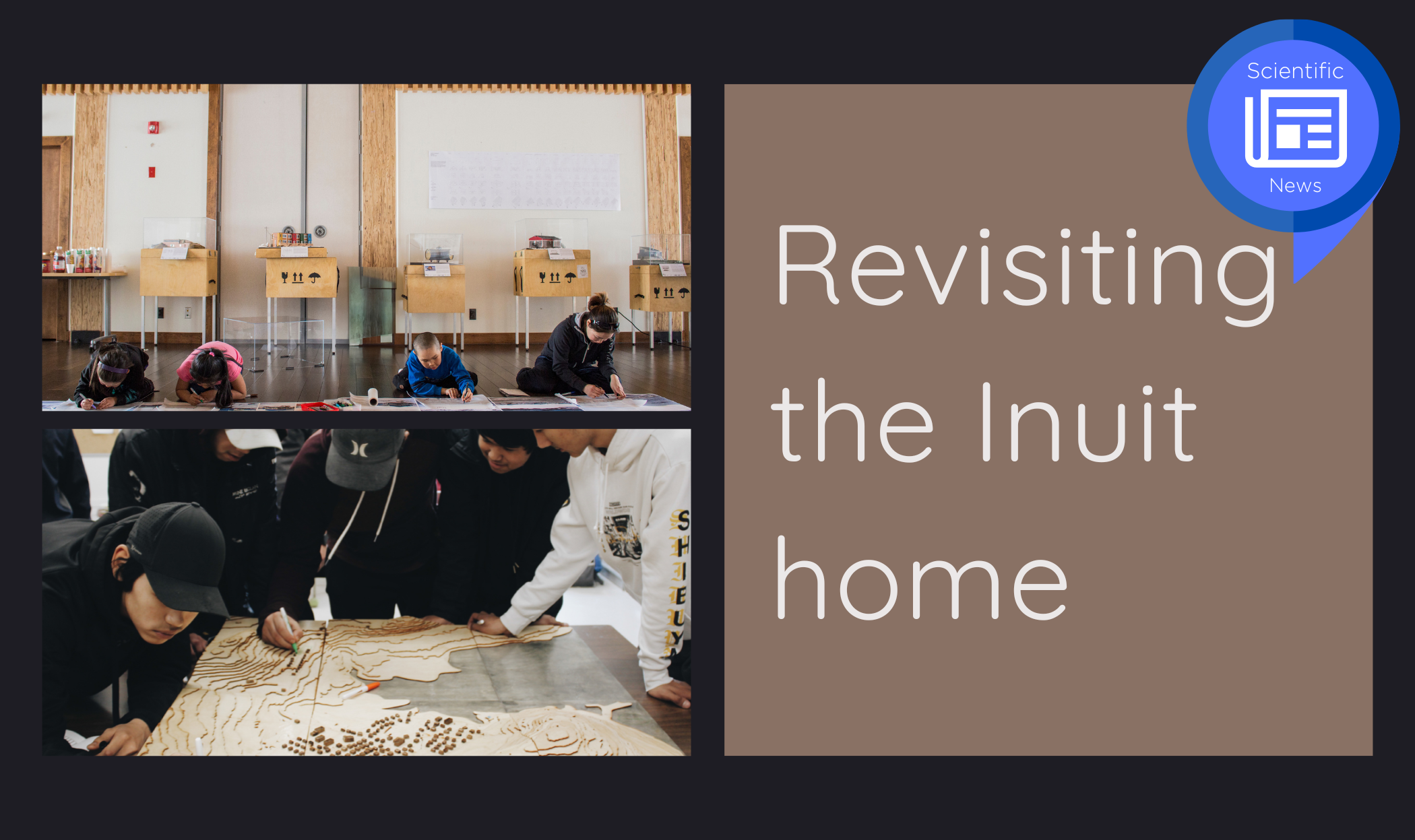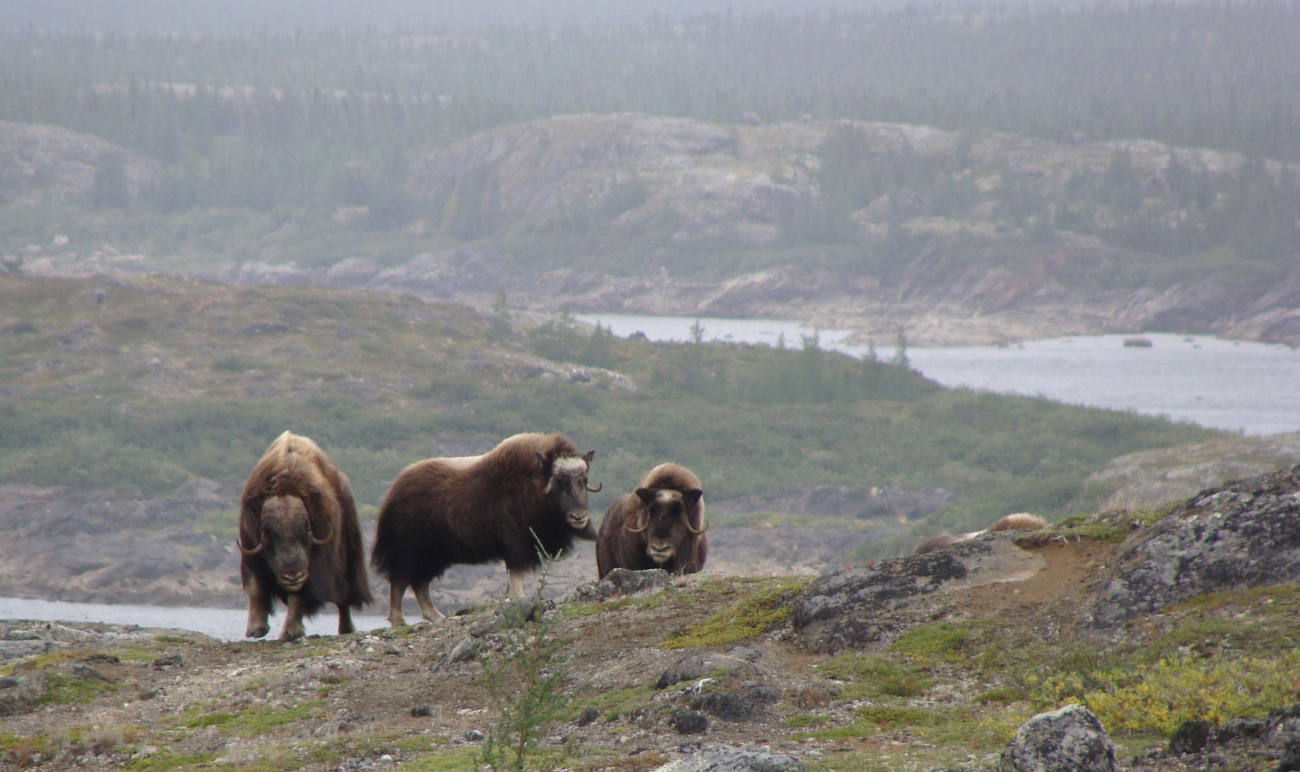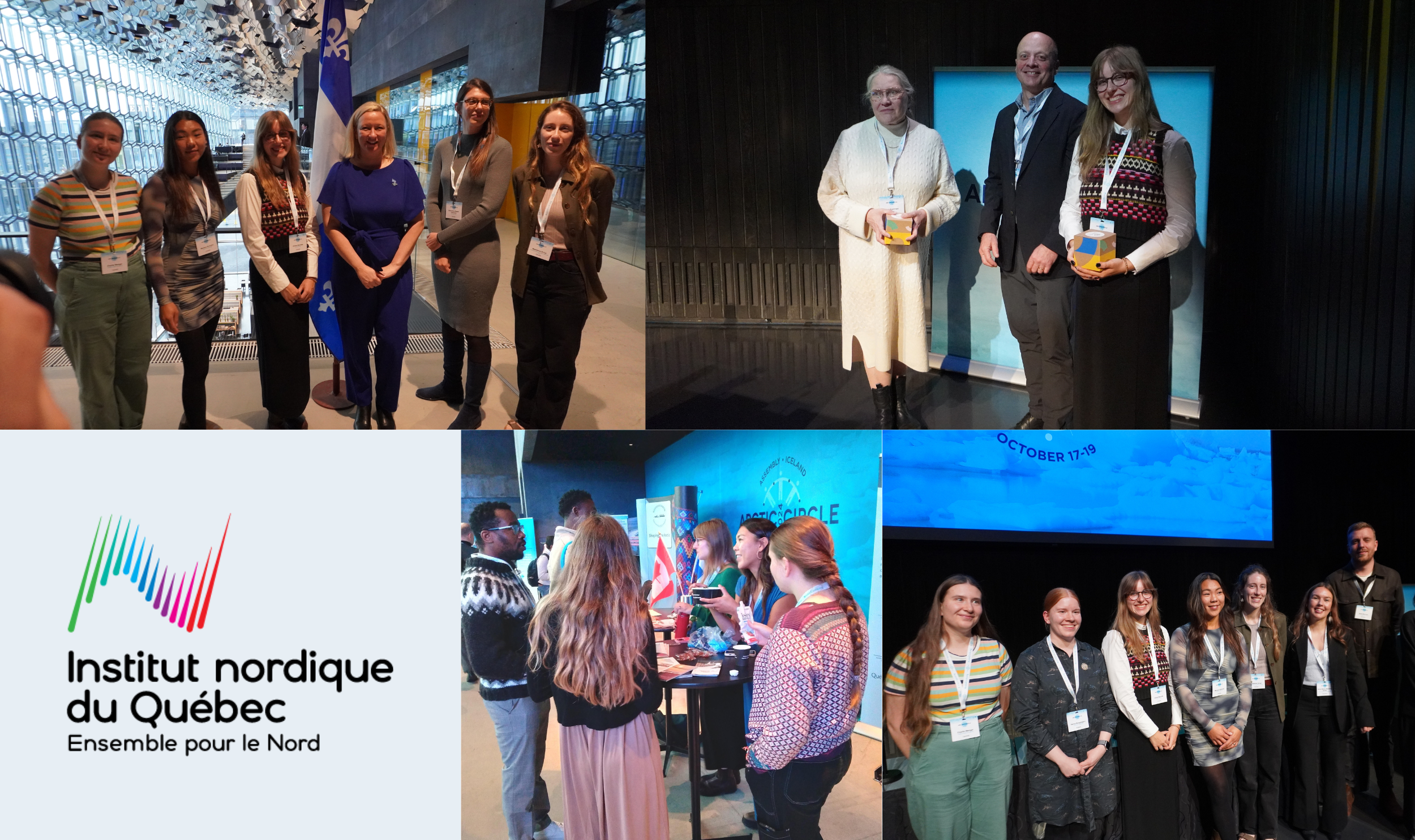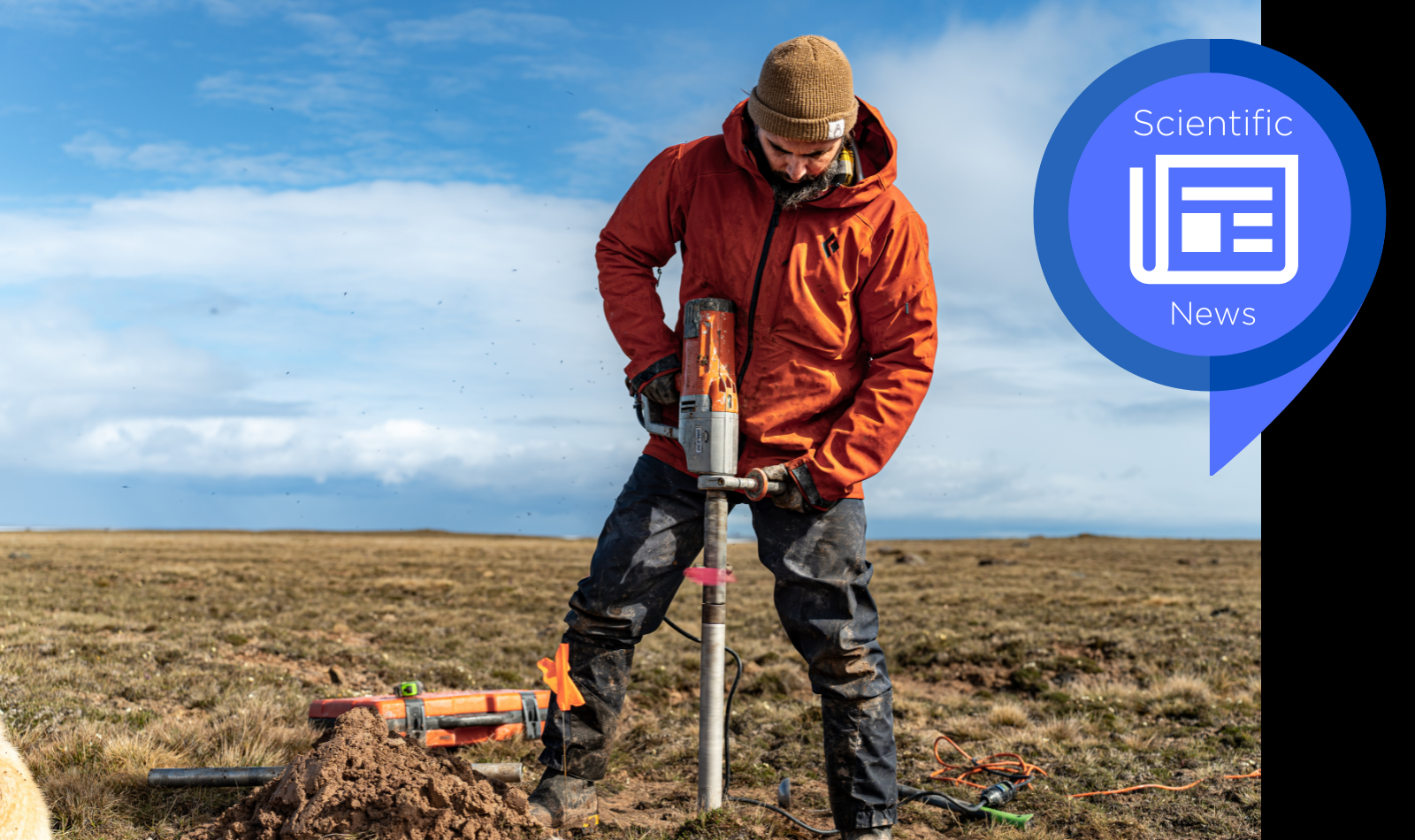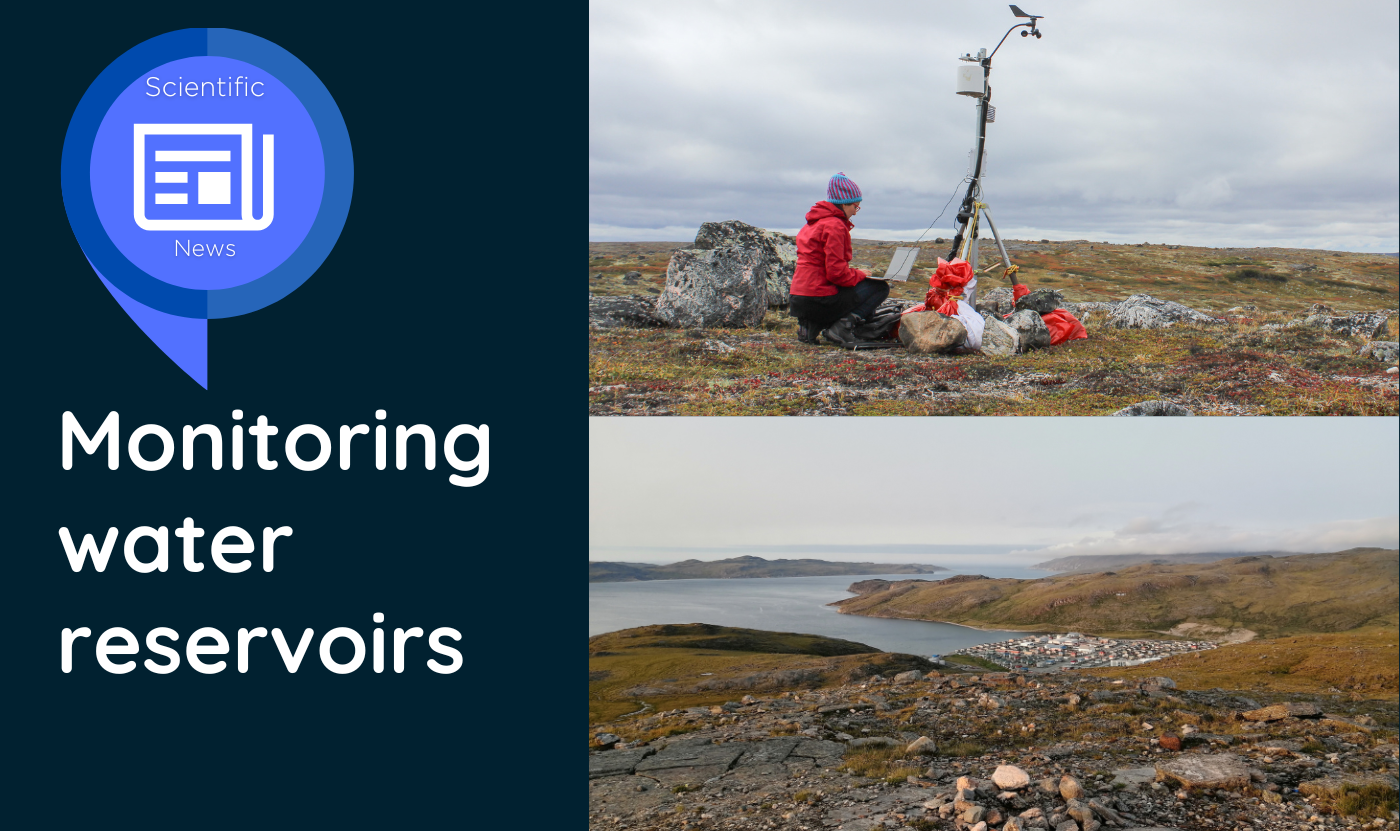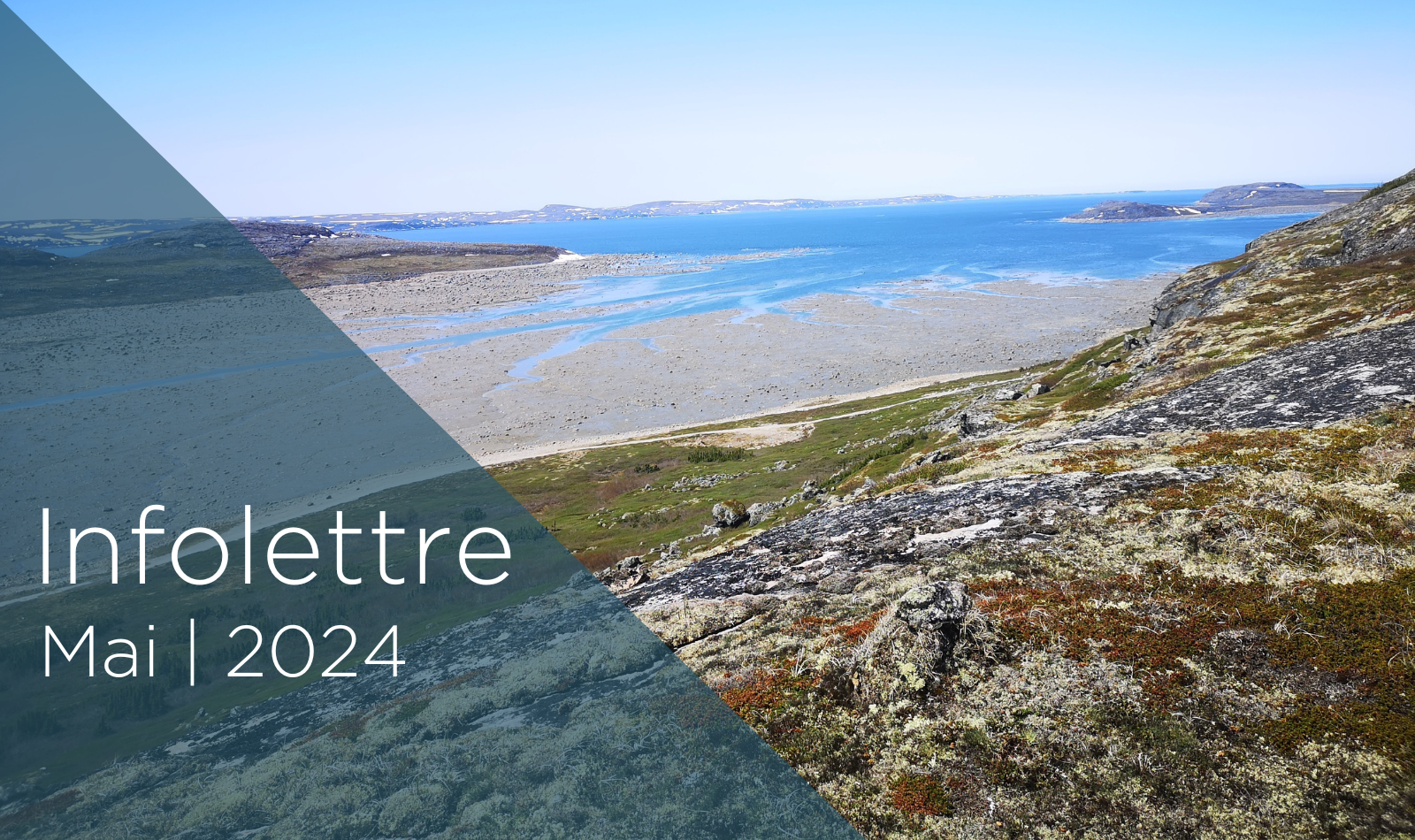INQ is launching a call for abstracts (oral communication and scientific poster) for its annual Symposium to be held on May 12-13, 2025 at UQAM under the theme Health - Climate - Environment.
Abstract submission deadline: March 31, 2025.
News
Read our January 2025 newsletter.
INQ invites you to a unique exploration of northern territories through a free MOOC accessible online. From February 3 to April 4, 2025, immerse yourself in a course that has already attracted over 13,500 participants.
The last newsletter of the year 2024 is out! INQ team would like to take this opportunity to wish you a very happy holiday season!
Offered in winter 2025 by Institut nordique du Québec, under the aegis of its training committee, this practical Inuktitut course is designed to introduce participants to the language of the Inuit of Nunavik. Registration is now open!
The Forum on the Future of Institut nordique du Québec, held on December 18, 2024 at the Monastère des Augustines in Quebec City, marked an important step in the process of developing the next INQ Strategic Plan 2025-2030.
In 1958, everyone in Salluit lived in an igloo," recalls André Casault, a professor at the School of Architecture at Laval University. In just two generations, the Inuit had to learn to live in immobile houses imported from the south.
Organized by INQ's First Peoples Committee in October 2023, the forum on “The impact of climate change on ecosystems and indigenous research” brought together over 50 indigenous and non-indigenous research representatives. A report is now available.
INQ took part in the Arctic Circle Assembly, held in Reykjavik, Iceland, from October 17 to 19. The event brought together experts, researchers and leaders to discuss the challenges facing the northern and Arctic regions. As part of this major international gathering, INQ hosted a session and manned a booth, helping to raise the profile of Quebec expertise in Arctic and northern issues.
In the Arctic, climate change is synonymous with thawing permafrost, a phenomenon that Frédéric Bouchard observes and measures on the ground and from the air.
In southern Quebec, we turn on the tap and watch the wastewater go down the drain without question. Not so in Nunavik, where permafrost prevents the construction of water and sewer systems. At home, questions arise not only about drinking water management, but also about water quality, as Stéphanie Guilherme, professor in the Department of Civil and Water Engineering at Université Laval, explains.
Read the INQ newsletter, May 2024 edition.


